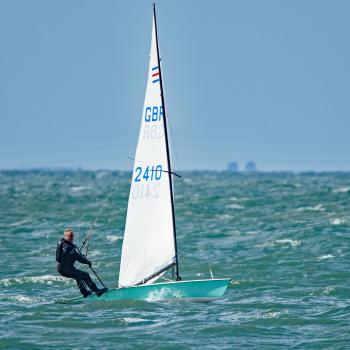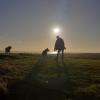The New Zealand Food Safety Authority (NZFSA) is advising parents that energy drinks and energy shots are not suitable for consumption by children and young teenagers due to caffeine levels. It found some energy beverages can have 160mg of caffeine or more - twice that of the 80mg of caffeine typically found in a standard cup of coffee.
NZFSA’s report noted no adverse effects for most adults at caffeine levels up to 400mg per day, but said children’s caffeine consumption habits needed to be taken into account.
“The report has not found anything we didn’t already know: children and teenagers get caffeine from tea, kola drinks and coffee, and if they consume too much they could have effects like dizziness, rapid heartbeat, irritability, anxiety, tremors and insomnia,” said NZFSA public health principal advisor, Donald Campbell.
“These products are labelled with their caffeine content, and just as you wouldn’t hand a child a double long black, you shouldn’t give them energy shots.”
New Zealand Ministry of Health healthy eating guidelines stipulate that children should avoid energy drinks and limit intake of cola type soft drinks, and that teenagers consume them, “only once in a while”.
It adds: “Pregnant women should limit their caffeine intake and avoid energy drinks and energy shots. People who are sensitive to caffeine should also avoid energy drinks and energy shots.”
The Australia New Zealand Food Standards Code states energy drinks must carry advisory statement that the products contain caffeine and are not recommended for children, lactating women or individuals sensitive to caffeine. Caffeine levels must also be stated.
Energy shots sold as food supplements must carry the same information.
“NZFSA supports the New Zealand Juice and Beverage Association’s Code of Practice to minimise marketing of these products to children,” Dr Campbell said, noting actual energy shot consumption in New Zealand could not be easily derived.
“We had to make some conservative assumptions because many of these caffeine drinks are relatively new on the market and the market is constantly changing.”
NZFSA assistant director of international policy Trish Ranstead said its assessment had been shared with Food Standards Australia New Zealand (FSANZ).
Undesirable side-effects of medication.
Full medical glossary
A craving to eat non-food substances such as earth or coal.
Full medical glossary
septic arthritis
Full medical glossary
Shaking or trembling due to involuntary muscle movements.
Full medical glossary








